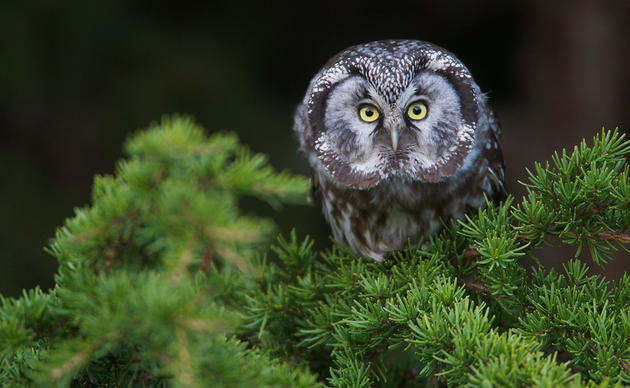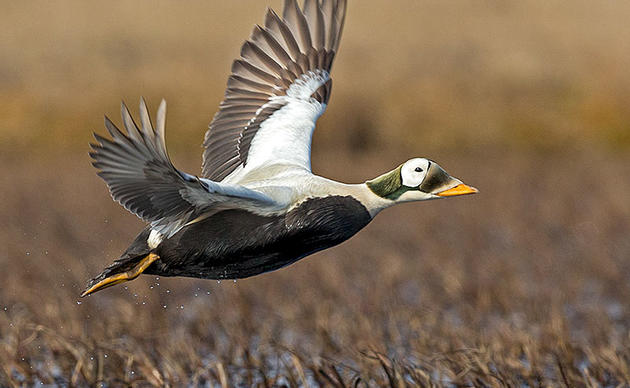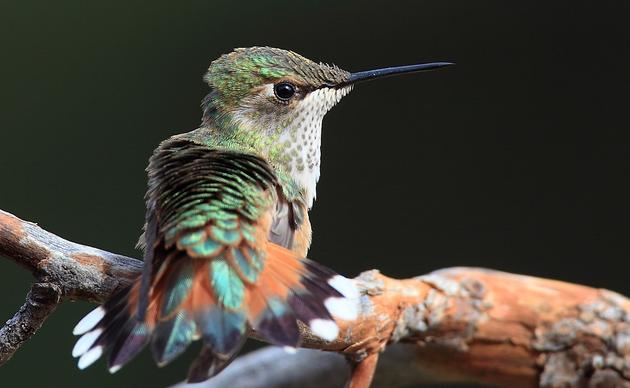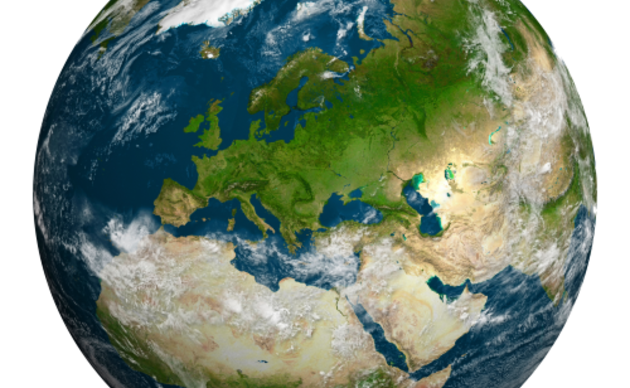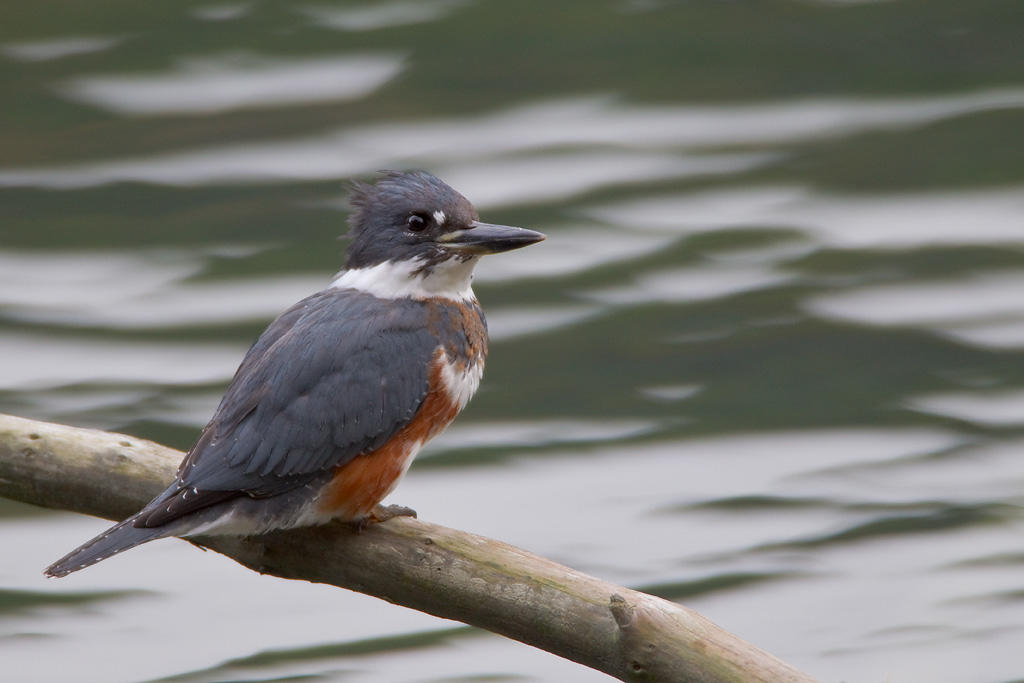
Did you have a favorite river or stream when you were young?
I did. It was Shiawassee Creek in west Detroit, a tributary of the Rouge River. The Rouge, at one time, was the most polluted river in the U.S. It fed the Rouge River Plant, which used to be the most complex industrial plant in the world and home of the Ford Motor Company’s production line. In 1999, the Rouge Plant faced a decision: either move manufacturing from Detroit or invest in a multi-million dollar water treatment facility for the plant to avoid Clean Water Act violations.
They chose to stay in Detroit and the result was the first “cradle to cradle” manufacturing facility. Thanks in part to a ten-acre living roof wetland filtration system, the water coming out of the Rouge Plant became cleaner than the water entering the plant. It brought new life to Detroit, and Lake Erie saw positive trends in water quality due to the influx of cleaner water from the Rouge River Plant. It also helped executive class of Detroit understand that manufacturing can coexist with environmentalism, rooted in a community’s need for clean water. But the first step was to acknowledge that the water was dirty.
Our collective geography of hope is now a beaded stream leading to this watershed moment. We have been brought to our knees in isolation during a global health pandemic. Our political and social systems of oppression are exacerbated by the inequitable access to resources, from health care to outdoor space, jobs, child care, mental health counseling, and more. We gather to stand in social-distanced solidarity for values we are still not all living, or else there would be no need to march. Our water is dirty. Our hands are dirty. For many of us, the lens on our binoculars of life has allowed us to see only what we wanted to see—until now.
What can we do?
First, as any birder knows well, we can listen. We can listen to people’s stories and give others a safe space to speak. We can learn. We can learn about what we have done to contribute to systemic oppression. We can affect change in ourselves. We can affect change within the system while at the same time working to change the system. We can create space for generational knowledge sharing and dialogue. We can require transformation, first for ourselves, then for those closest to us. We can be okay with being uncomfortable. And embrace the dirty water creek because you see a clean river sanctuary. This is the work not of a moment, but of a lifetime. Join us in building a better future for birds and people, by first recognizing where there is dirty water and then reconciling and restoring the rivers of our collective geography of hope.

